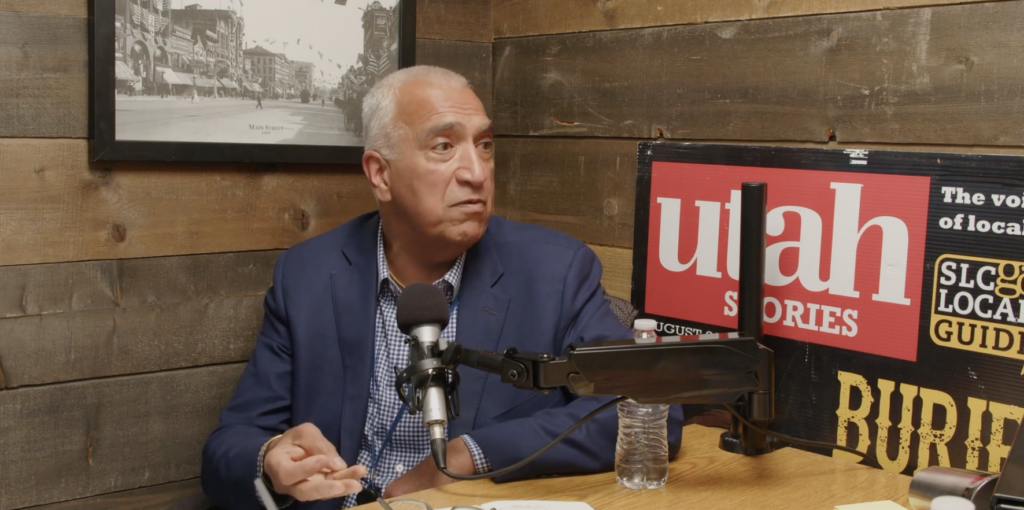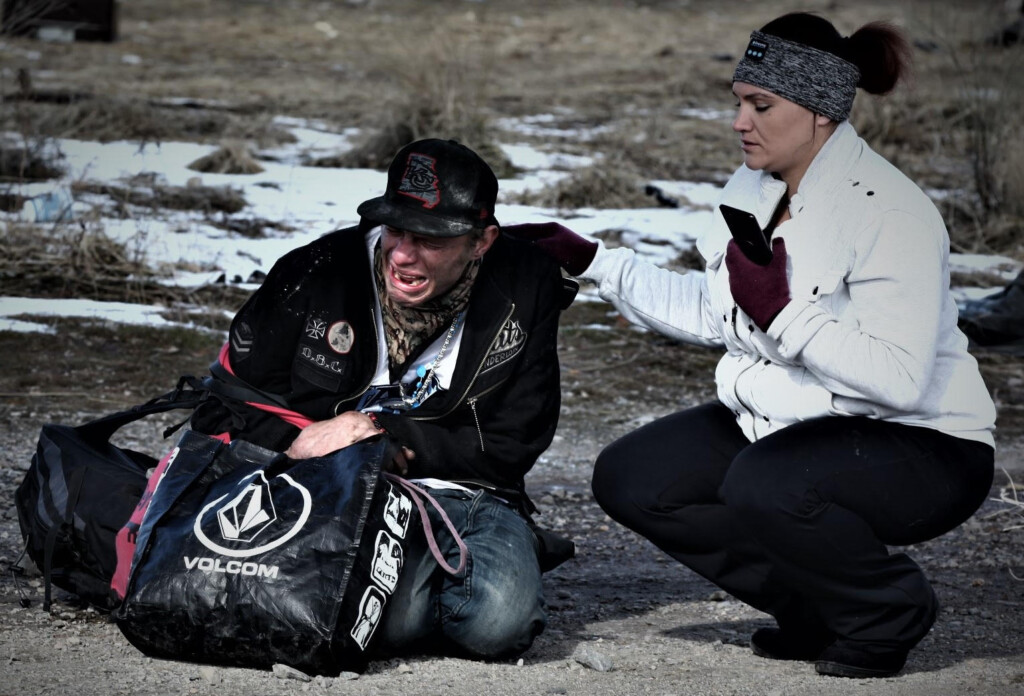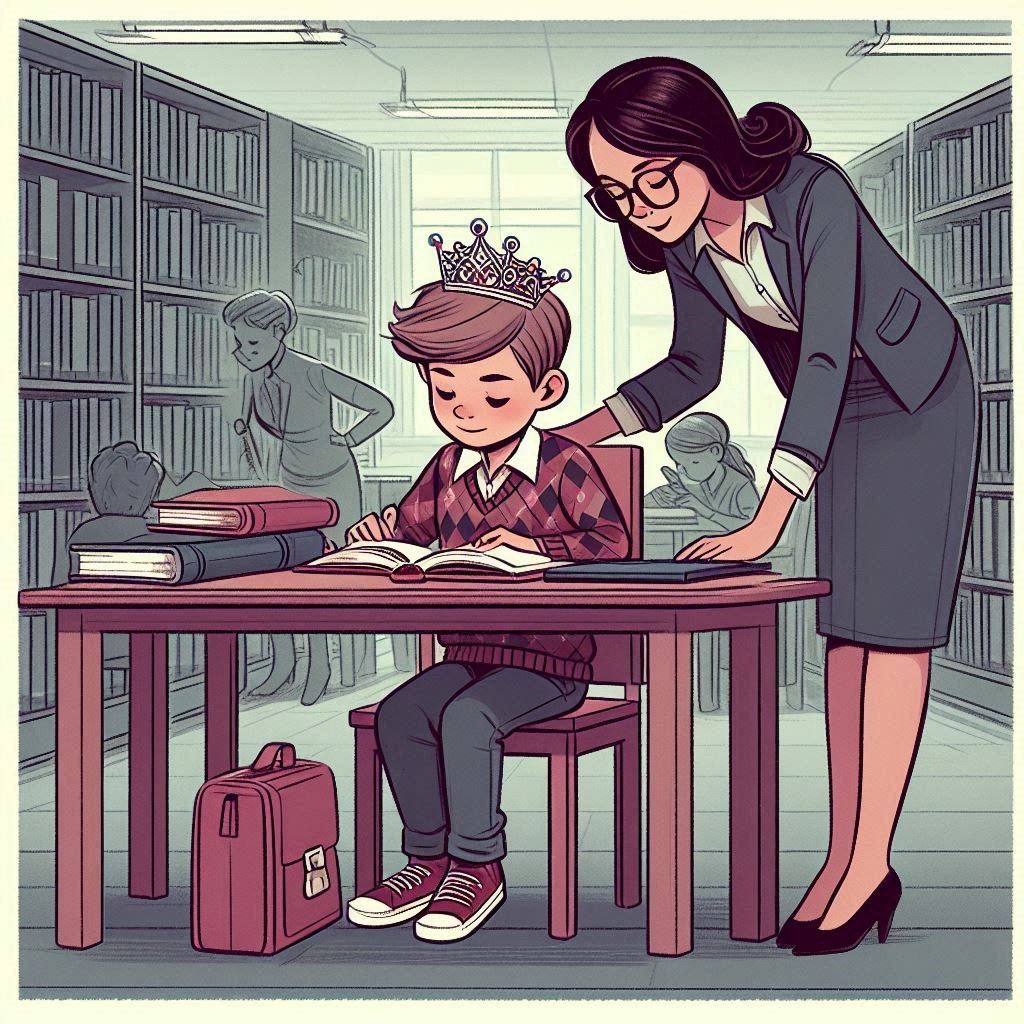“Our entire mental illness program is abysmal and it’s broken,” said Sim Gill, Salt Lake County District Attorney and lead prosecutor for Salt Lake City on the Utah Stories podcast.
The basis for why the system is broken, according to Gill, is three-fold. First, our criminal justice system was never designed to handle the volume of mentally-ill homeless people who are currently on the streets, many of whom are “self-medicating” on drugs. Second, when someone is involuntarily committed, there is no place (currently) for these people to go, instead “involuntary commitment is a status not a place.” Third, there are not nearly enough beds to accommodate the severely mentally ill who are on the streets in the Utah state hospital.
“We have around 300 beds to serve a population of nearly 3 million, and this is woefully inadequate,” Gill says.
Mental illness causing homelessness is a serious problem all across the United States, and Utah is no exception. It wasn’t until recently that the severely mentally ill have been such a clearly visible problem in Salt Lake City. Managing that problem is especially difficult when crime and mental illness intersect.
Sim Gill discussed the different solutions to homelessness within the criminal justice system, indicating that better care more often happens out of the District Court system (where serious crimes and felonies are brought to trial), but little occurs through Justice Court (where lesser offenses are handled).
The problem is that severely mentally ill often are not fit to stand trial in the District Courts for felonies if they are acutely mentally ill. Gill says that the amount of time it would take to rehabilitate mentally ill committing crimes so they could stand trial is often more time than they would serve for their crimes. Our current system lacks facilities to treat and house the mentally ill who could stand trial for serious offenses, therefore these offenders sometimes do not serve serious time in prison for crimes committed.
While Utah has a state hospital, it only has 300 beds, and with a population of more than 3 million people, that simply doesn’t suffice. The civil commitment process is not effective in Utah, and looking at the criminal justice side of things, it’s still not working.
According to downtown Salt Lake City business owners Utah Stories has interviewed, many of the severely mentally ill committing crimes are indeed falling through the cracks. In the past we reported on the lewd behavior that business owners have been contending with, including public masturbation in front of Mid-City Salon, as well as frequent vandalism and open-air drug use in front of the Gail Miller Homeless Resource Center.
Civil commitment was brought up as a possible solution for the mentally ill homeless to receive treatment, except in Utah this is unfortunately not a solution.
“And when I say civil commitment, everyone in your audience is probably going to say, when we think about civil commitment, when we think it’s a place, if I civilly commit you, I’m committing you to a place where you can get that treatment. Well, you know what? In Utah, civil commitment is not a place, it’s a status. Let me say that again. Civil commitment is not a place, it’s a status,” Gill reiterated.
“And then in the criminal justice system, you have people whose conduct may be criminally charged, especially under the justice court model and different low level offenses. And you can’t prosecute them because they’re legally incompetent and they don’t have the capacity,” Gill explained.
A homeless individual that Utah Stories reported on last fall named Anderson Jones was discussed. Anderson Jones hit multiple people with a hammer, hitting one victim in the head. Our Publisher, Richard Markosian, happened upon the crime scene while interviewing homeless individuals.
Sim Gill explained that this individual was convicted, although it is difficult to prosecute when the individual can be ruled as mentally incompetent, which was obviously the case here.
“We’ve prosecuted rapists who have been restored through medication and support and are guilty, but they’re mentally ill, but they’re legally competent. So that is the sort of challenge that we have,” Gill continued.
The District Attorney expressed his frustrations with the system, believing that more money should be allocated for the mentally ill, and that there’s only so much he can do. The law limits him to prosecuting people that aren’t mentally capable. He needs others to do their part so he can do his.
“When public policy makers fail to address the issue of economic justice, political justice, social justice, public health education, affordable housing, etc., those public policy deficits manifest themselves as crises in our community. And then our public policy makers look to our criminal justice system to be our crisis managers. And in the application of that crisis management, it disproportionately impacts communities of color and poverty,” according to Gill.






